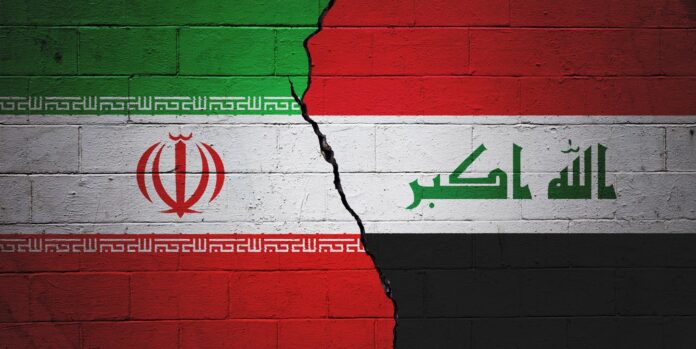From 1975 to 1980, Iraq went through its best phase in its contemporary history in terms of political stability, economic stability, and doubling of its national capacity. This phase crystallized in the pragmatic process of Iraqi political building and dealing with Iran in resolving conflicts, particularly after accepting the 1975 Convention on Shatt al-Arab. The Iraqi State was able to resolve the conflict with Iran on the one hand and to break up the relationship between Iran and the Kurds in northern Iraq on the other. The central Government has thus recovered much of the military and economic capacity that had been drained in the northern conflicts, as well as its high focus on national expansion.
But what turned those five golden years into four lean decades? How the Iraqi Government was unable to re-produce the pragmatism that it pursued in the mid-1970s in the crises of Iran and Kuwait. Its outreach to the world, particularly its eastern neighbor, has been weaker than it was. In practice, it has not even been able to maintain its field presence on Iraqi territory and has fallen at the lowest possible cost to American forces.
But what turned those five golden years into four lean decades? How the Iraqi Government was unable to re-produce the pragmatism that it pursued in the mid-1970s in the crises of Iran and Kuwait. Its outreach to the world, particularly its eastern neighbor, has been weaker than it was. In practice, it has not even been able to maintain its field presence on Iraqi territory and has fallen at the lowest possible cost to American forces.











